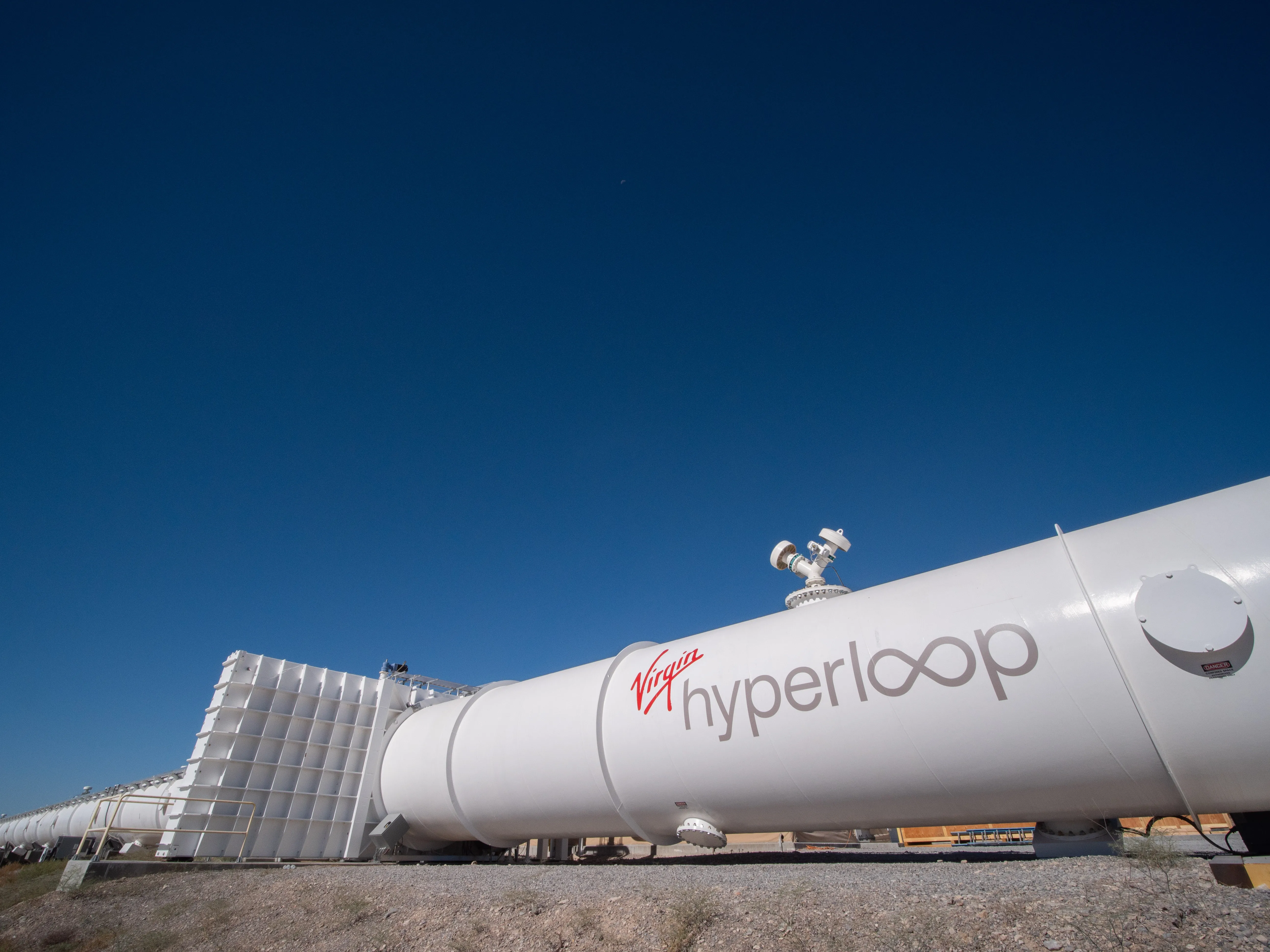
Virgin Hyperloop is to open a certification centre in West Virginia to aid its plans for commercial operations in 2030.
Virgin founder Sir Richard Branson says: “The Hyperloop Certification Centre is the start of the hyperloop journey for West Virginia, for the US and for the world. We’re one step closer to making hyperloop travel a reality for people everywhere.”
The company says its centre will progress hyperloop regulations and deployment as well as create thousands of jobs in technology, manufacturing and operations.
West Virginia senator Shelley Moore Capito says: “Not only does this announcement prove that West Virginia is moving forward, but it also shows that we have what it takes to draw in more technology jobs that will support the future of transportation.”
The move is also expected to establish hyperloop's eligibility for federal funding for projects.
The company believes federal support and advancements at the centre will realise the certification of hyperloop systems around the world, describing it as the first step towards commercial projects.
Jay Walder, CEO of Virgin Hyperloop, says: “Particularly as we look to emerge from the Covid-19 crisis, it’s clear that we need a 21st century solution that will propel us forward, allowing us to not just rebuild, but actually evolve. Hyperloop is that solution.”
Walder reveals hyperloop will work with its “partners across the country – in places like West Virginia, Ohio, Texas, Missouri, Washington, and North Carolina – to connect the country from coast to coast”.
The announcement builds on developments in US regulations. In July, US transportation secretary Elaine Chao and the Non-Traditional and Emerging Transportation Technology (NETT) Council unveiled a guidance document on a regulatory framework for hyperloop.










